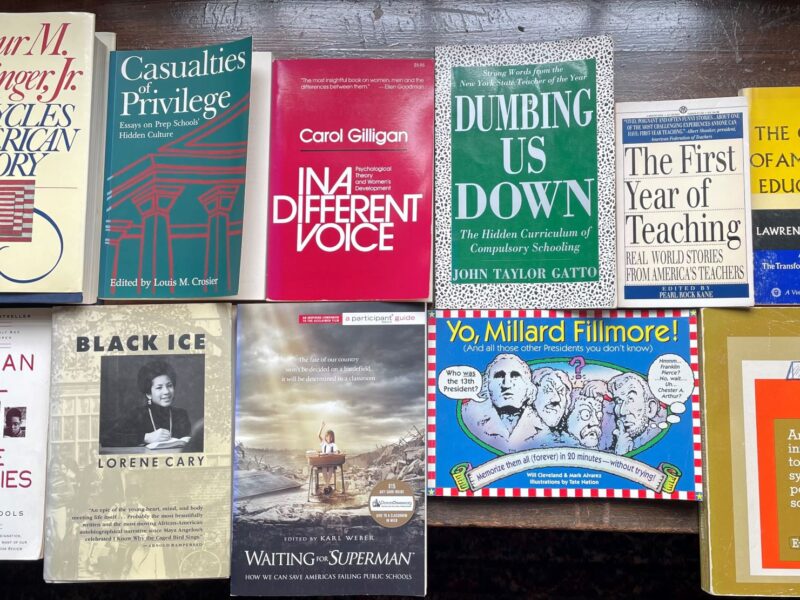Entering my third decade as a high school teacher in the late 90s, I wasn’t sure why I cringed when I would hear teenagers refer to Mom or Dad as “My Best Friend.” Everyone in the room would beam with warmth. It sounded like fingernails on a chalkboard to me.
Maybe that’s why my heart lifted when I saw the cover of the July/August Atlantic Monthly magazine. Featuring an illustration of a golden trophy inscribed with the citation “Good Try,” the headline screams: How the Cult of Self-Esteem is Ruining Our Kids. The main article, by Lori Gottlieb, is entitled How to Land Your Kid in Therapy – Why the Obsession With Our Kids’ Happiness May Be Dooming Them to Unhappy Adulthoods.
Combining her research with that of several colleagues, Gottlieb makes some points that might strike some as counter-intuitive. She…
– Argues that our obsession with happiness (and our warped understanding of it) is doing deep damage to our kids;
– Poses the idea that we may be spending too much time with our kids;
– Wonders if we are not serving our own emotional needs at the expense of our kids;
– Thinks we may be giving our kids too many choices.
Regarding happiness, Gottlieb suggests that “The American Dream and the pursuit of happiness have morphed from a quest for general contentment to the idea that you must be happy at all times and in every way.”
She quotes Barry Schwartz, a professor at Swarthmore College: “Happiness as a byproduct of living your life is a great thing. But happiness as a goal is a recipe for disaster.” Gottlieb wonders, “Could it be that by protecting our kids from unhappiness as children, we’re depriving them of happiness as adults?”
Using the analogy of a young girl who trips and skins her knee, UCLA psychiatrist Paul Bohn makes the case for resisting the parental urge to immediately jump to the child’s aid: “If you don’t let her experience that momentary confusion, give her the space to figure out what just happened (Oh, I tripped), and then briefly let her grapple with the frustration of having fallen and perhaps even try to pick herself up, she has no idea what discomfort feels like, and will have no framework for how to recover when she feels discomfort later in life.”
Gottlieb notes that helping a child with a skinned knee seems like the right thing to do until “these toddlers become the college kids who text their parents with an SOS if the slightest thing goes wrong, instead of attempting to figure out how to deal with it themselves.”
To Be Continued… Onward, Malcolm Gauld


